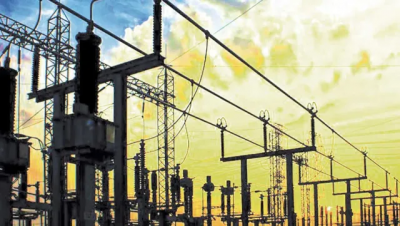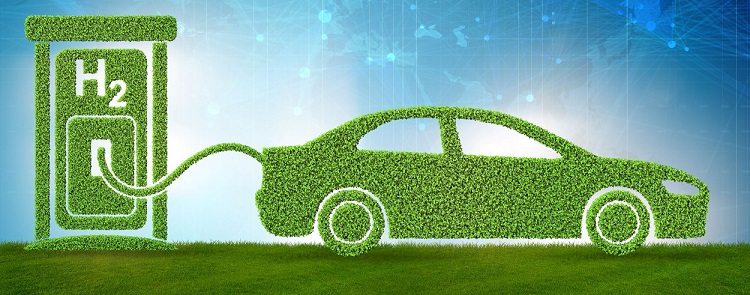The Federal Government has unveiled plans to secure a $122.2 billion investment to diversify Nigeria’s energy sources, reduce dependence on the national grid, and improve energy stability. The investment, set to be raised over 21 years from 2024 to 2045, aims to move beyond the country’s reliance on hydropower and gas-fired thermal plants.
The diversification strategy will incorporate hydrogen, solar photovoltaic technology, biomass, wind, natural gas projects with carbon capture, nuclear power, concentrated solar power, and bioenergy. The investment details were outlined in the newly released 2024 Nigeria Integrated Resource Plan and National Integrated Electricity Policy.
The plan also includes a $192 million allocation over five years (2024-2028) to enhance the national transmission network, which remains heavily constrained by outdated equipment and high technical losses. These policies, awaiting Federal Executive Council approval, seek to implement the Electricity Act, integrate renewable energy strategies, and address transitional challenges in the sector.
Nigeria’s electricity supply is dominated by gas-fired (80%) and hydroelectric plants, yet only about 4,200 megawatts of power is available despite an installed capacity of 13,000MW. The sector faces operational inefficiencies, maintenance issues, and gas supply constraints due to financial limitations. The new policy aims to bridge this gap by promoting renewable energy to achieve a more sustainable energy mix.
The government targets a significant reduction in power shortages, aiming to cut the loss of load expectation from 100 hours per year in 2024 to 24 hours per year by 2035, alongside a spinning reserve target of 900MW.
Most of the $122 billion investment will be required in later years, rising to $2 billion annually by 2030 and fluctuating between $4 billion and $8 billion per year until 2040, before reaching $14-15 billion by 2044-2045.
– Solar photovoltaic technology – $56 billion
-Hydroelectric power – $39 billion
– Natural gas projects– $16 billion
– Gas projects with carbon capture – $6 billion
– Energy storage initiatives– $3 billion
By 2045, the plan envisions increasing Nigeria’s total installed electricity capacity to 194 gigawatts, with 83 gigawatts coming from renewable energy sources.
The National Integrated Electricity Policy acknowledged delays in achieving universal electrification and phasing out self-generation. Initially set for 2030, these targets have been extended to 2035 due to challenges in the distribution sector, which has lagged behind power generation improvements. The delay could lead to an additional $29 billion in costs and 90 million metric tonnes of CO2 emissions.
Despite these setbacks, the government remains committed to expanding energy access, reducing grid dependency, and integrating more renewable sources to build a resilient and sustainable power sector.










